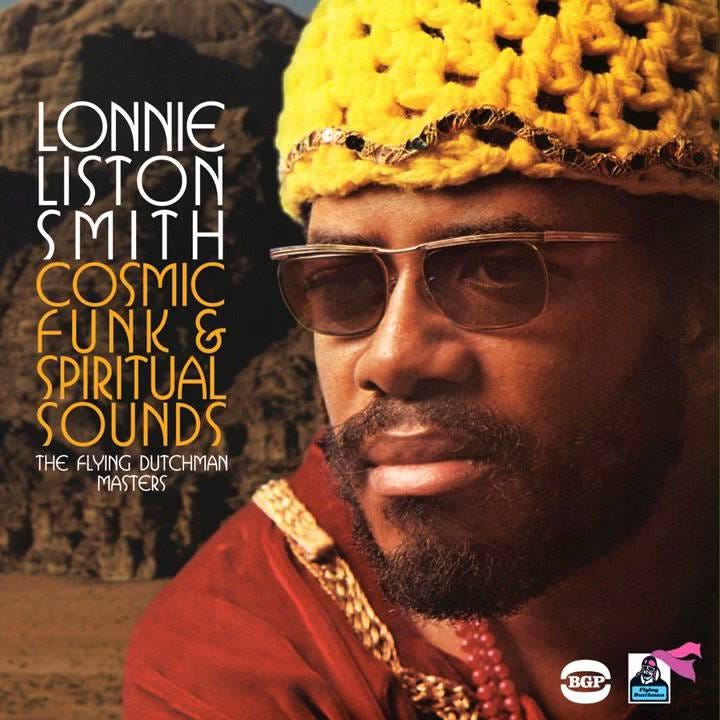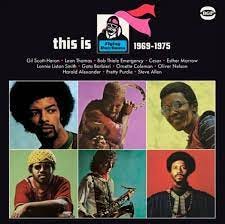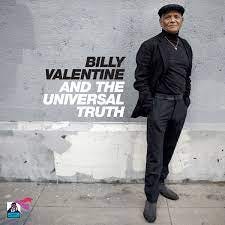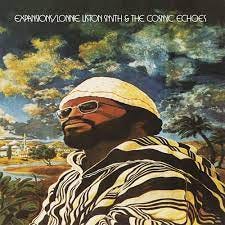There was lots of fanfare in the automotive world when Fiat Motors returned to North America in the early 2010s. The brand known for spunky small city cars would once again charm Americans – and not just with its tiny 500 but updated SUVs and roadsters. Sergio Marchionne, who’d guided Fiat’s European turnaround and was then head of Chrysler worldwide, spoke confidently about the global romance of the brand.
It only took two years for the CEO to have to eat his words: Explaining the dismal sales figures, Marchionne told an industry gathering in 2012 that “We thought we were going to show up and just because of the fact people like gelato and pasta, people would buy.”
Fiat is still active in the U.S. – but barely. It sold under 1000 cars (!) in the US in 2022, and lost money on each vehicle. There are promises of an electric car in 2024 but currently the only Fiat is the 500X – a crossover based on a Jeep.
The fate of Fiat flashed briefly through my brain when listening to Kevin Valentine & The Universal Truth, the first new release from Flying Dutchman Records in nearly 40 years. The beloved label, which was founded in 1969 by legendary producer Bob Thiele (John Coltrane’s A Love Supreme among many other landmarks), was a catalyst for thoughtful, progressive, spiritual/cosmic jazz and R&B in the early 1970s. Though it did issue albums by legendary jazz figures (including Classic Tenors, a 1949 summit between Coleman Hawkins and Lester Young), the label’s focus was on modern rhythms animated by soul and Latin music – and socially conscious messages by younger talents who dared to imagine such faraway abstractions as world peace and respect for all people. Among them: Gil Scott-Heron, Lonnie Liston Smith, Leon Thomas, Bernard Purdie and Gato Barbieri. Within its first few years, the label put out Horace Tapscott’s visionary The Giant Is Awakened and Angela Davis’ spoken-word Soul and Soledad and saxophonist Jan Garbarek’s brash, dissonant pre-ECM band Esoteric Circle.
The Flying Dutchman brand relaunch began with a terrific 16-track compilation (This Is Flying Dutchman 1969-1975). This opens with Scott-Heron’s enduring and ever-more-relevant masterwork “The Revolution Will Not Be Televised,” then travels through utopian reveries (the percussive “Expansions” by Lonnie Liston Smith and the Cosmic Echoes) and songs containing poetic, low-key affirmations (Esther Marrow’s “Peaceful Man,” Pretty Purdie’s “Heavy Soul Slinger.”)
The anthology affirms something key about Flying Dutchman: It was a home for artists who had something to say – about the state of the planet, about empathy, about cooperation, about respect. Smith’s “Expansions” begins with a call-to-action lyric that unfolds lazily over a percolating groove: “Expand your mind....to understand......we all must live......in peace....today.” Sugary and direct at the same time, it frames peace as something to strive for, something possible and worthy of unified effort. Not something exotic or unattainable.
The label relaunch goes directly at this: Billy Valentine & the Universal Truth contains coy, carefully arranged echoes of some enduringly great message songs – Curtis Mayfield’s “We The People Who Are Darker Than Blue,” Gil Scott-Heron’s “Home is Where the Hatred Is,” Stevie Wonder’s “You Haven’t Done Nothing,” Prince’s “Sign o’ the Times” and a chilling update of the gospel classic “Wade in the Water.” It’s a set of prayers of resilience, sung with wise, enchanting restraint by Valentine and supported by equally understated instrumental support from bassist Pino Palladino and the atmospheric wizardry of guitarist Jeff Parker.
What we have here is smart jazz-adjacent record making circa 2023. Just one thing: These songs are mostly old. Decades old. Some are contemporaneous with the Flying Dutchman heyday – you could argue that’s more smart record-making, in terms of aligning the brand identity.
But it’s primarily an act of homage, one that points up one (possibly insurmountable) challenge of creating message music in this bristly and constantly contentious era: We like the familiar idealism. We gravitate to songs that are instantly grabby first – and then bring us to church or to the march before we even realize it. Mayfield was a master of this, Wonder is too; both called to the highest within people in precisely the way Flying Dutchman’s Leon Jordan and Smith and his Cosmic Echoes did. With not just resolute words but bouyant, deeply moving melodies and spirited improvisational lunges. There’s desperate need for modern attempts in this direction.
It will be interesting to hear where Flying Dutchman goes after this initial launch. I wonder if the idealism that spread across genre categories and other barriers in the early ‘70s can resonate in this siloed, echo-chamber cultural moment – certainly the awareness is shared by many current creators, but are there vessels for that expression? Can we have a musical conversation that invokes spirituality, or aims to cultivate empathy? Is there a place for songs addressed to the big inclusive “We”?
The challenge for Flying Dutchman isn’t simply to ressurect and celebrate the glorious cosmic rays of spiritual jazz from a long time ago. It’s to find new modes of expression that can reach and inspire those who are alive in this moment, and are deeply, existentially concerned about the next. Otherwise it’s just pasta and gelato.
Yes, we have an ultra-modern suggestion box! Send thoughts, concerns, ideas about underloved and overlooked records to echolocatormusic@gmail.com. Thanks!








I brought Lonnie to Bob -loved the label!! I have every release
You didn't mention two of the more bizarre but wonderful albums to be released on a "jazz" label. Appleton's Syntonic Menagerie by Jon Appleton and Human Music by Jon Appleton and Don Cherry. "Chef D’Oeuvre" and "BOA" are still popping up in my head at times.